‘Roland Garros now toughest slam of all’
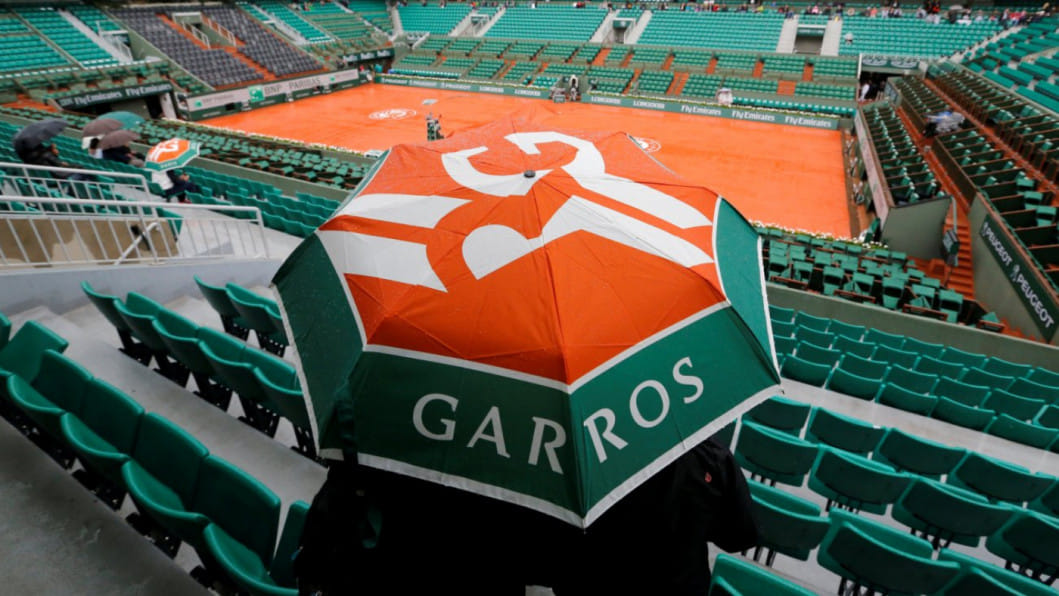
With its quicksilver conditions, quaint old-tech environment and a leviathan casting his shadow across centre court, the French Open is now the hardest grand slam title to win, says former champion and tennis great Mats Wilander.
"OK, OK... first off, you have Rafa Nadal. That, on its own, is why it is the hardest grand slam to win these days," the affable Swede laughs.
Wilander knows a thing or two about the slams. He and Nadal are the only two men in tennis history to have won at last two grand slam singles crowns on each of the three main tennis surfaces: grass, clay and hard courts.
Wilander took Roland Garros by storm in 1982 when, as a 17-year-old, he beat claycourt giant Guillermo Vilas for the title.
Two more French slams followed, plus a U.S. Open title on New York's hard courts and a trio of Australian Open crowns: one on Melbourne Park's hard courts and two when the tournament was played on the grass of Kooyong.
Now a youthful 52, Wilander chuckles when he thinks of the difficulties facing players in Paris, where the second grand slam of the year starts on Sunday.
"The conditions change so much at the French Open, you know, you have to be prepared for something you really don't know what it is," he told Reuters from his home in Idaho.
"You can practice in the morning and it's fine, and the weather is great then you come to play in the afternoon and it is drizzly and the conditions are totally different."
Dolorous Tones
For a certain generation, the dolorous tones of Wimbledon's then-Chief Executive Chris Gorringe announcing, via intercom, that "Providing there is no further rain... play will recommence on Centre Court at..." was a soundtrack to year after year of championships.
Many players would cite Wimbledon as the toughest to win for that reason alone. But rain delays on the main showcourt came to an end with the completion of a retractable roof in 2008, and Court One is also to be covered by 2019, guaranteeing tennis whatever the weather.
Melbourne Park features retractable roofs over three of its courts for the Australian Open, while the U.S. Open debuted its roof over Arthur Ashe stadium court in 2016, leaving Paris the only grand slam tournament entirely open to the elements.
Currently the Parisians' only defences are umbrellas held over the players courtside, and green waterproof sheeting dragged over the court to prevent the clay surface becoming soaked.
Then, players and fans simply wait.
"It is hard. If it gets like that you get no rhythm," Wilander said. "As the only grand slam tournament without a roof, it is the only one where the conditions can totally vary from hour to hour, day to day. At Wimbledon if it is slightly wet you don't even play the match. At the French Open you need to just get on with it and somehow adjust..."
The conditions hardly suit the world's very best, Wilander says, although nine-times champion Nadal is clearly an exception to that.
"The really top guys play within themselves 99 percent of the time. The guys a little lower down the rankings, they might have to go all out for everything if they (are to) stand a chance of winning...," Wilander said.
"In many ways, they are used to going all out, and so may be a bit better prepared for those wet, slow conditions where you do need to go all out.
"It is tough. You can't just stand back and take a big cut at the ball. The bounces... a different bounce can be difficult, it can be variable... the next minute you can hit the frame of your racket, and your confidence takes a dip."
Such concerns are in the past now for the dashing Swede. His answer is instant when asked if he could be tempted back into the world of top flight competitive tennis as a coach, like contemporaries Ivan Lendl and Boris Becker.
"No," he snaps. "I'm pretty much done with all that.
"I love my life. I commentate for Eurosport, so you could say I've reached the final of every grand slam since 2002 when I started that," he laughed. "I love what I do, and I love playing tennis with amateurs, regular guys, helping to teach them to enjoy tennis more."



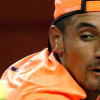

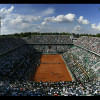
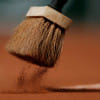
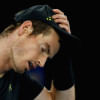


Comments